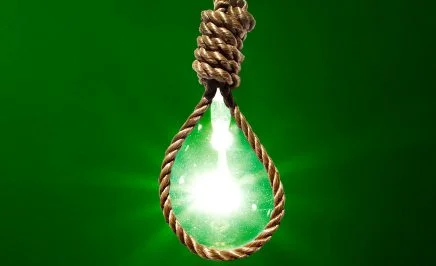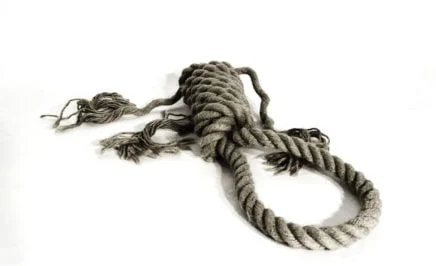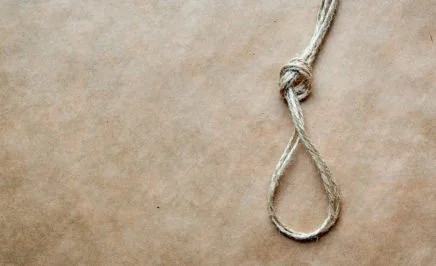Singapore must immediately halt the execution of Chijoke Stephen Obioha, a Nigerian national on death row for possession of drugs.
On Wednesday, Chijoke Stephen Obioha’s family was informed that his appeal for clemency has been rejected. He is set to be executed on Friday 18 November 2016.
“The Singapore government still has time to halt the execution of Chijoke Stephen Obioha. We are dismayed that clemency has not been granted in his case but remain hopeful that they won’t carry out this cruel and irreversible punishment against a person sentenced to the mandatory death penalty for a crime that should not even be punished by death,” said Rafendi Djamin, Amnesty International’s Director for Southeast Asia and the Pacific.
“The death penalty is never the solution. It will not rid Singapore of drugs.”
Rafendi Djamin, Director for Southeast Asia and the Pacific
“The death penalty is never the solution. It will not rid Singapore of drugs. By executing people for drug-related offences, which do not meet the threshold of most serious crimes, Singapore is violating international law. Most of the world has turned its back on this ultimate cruel, inhuman and degrading punishment. It is about time that Singapore does the same, starting by restoring a moratorium on all executions as a first step towards abolition of this punishment.”
Amnesty International opposes the death penalty in all circumstances, regardless of the method of execution or the crime for which it is imposed, and believes that there is no credible evidence that the death penalty has a unique deterrent effect.
Background
Chijioke Stephen Obioha was found in possession of more than 2.6 kilograms of cannabis in April 2007, surpassing the amount of 500 grams that triggers the automatic presumption of trafficking under Singapore law. Under Singaporean law, when there is a presumption of drug possession and trafficking, the burden of proof shifts from the prosecutor to the defendant. This violates the right to a fair trial by turning the presumption of innocence on its head.
Drug-related offences do not meet the threshold of the “most serious crimes” to which the use of the death penalty must be restricted under international law. International law also prohibits the imposition of the death penalty as a mandatory punishment. Amnesty International opposes the use of the death penalty outright, regardless of the crime.
As of today 103 countries have abolished the death penalty for all crimes and 141 are abolitionist in law or practice.




